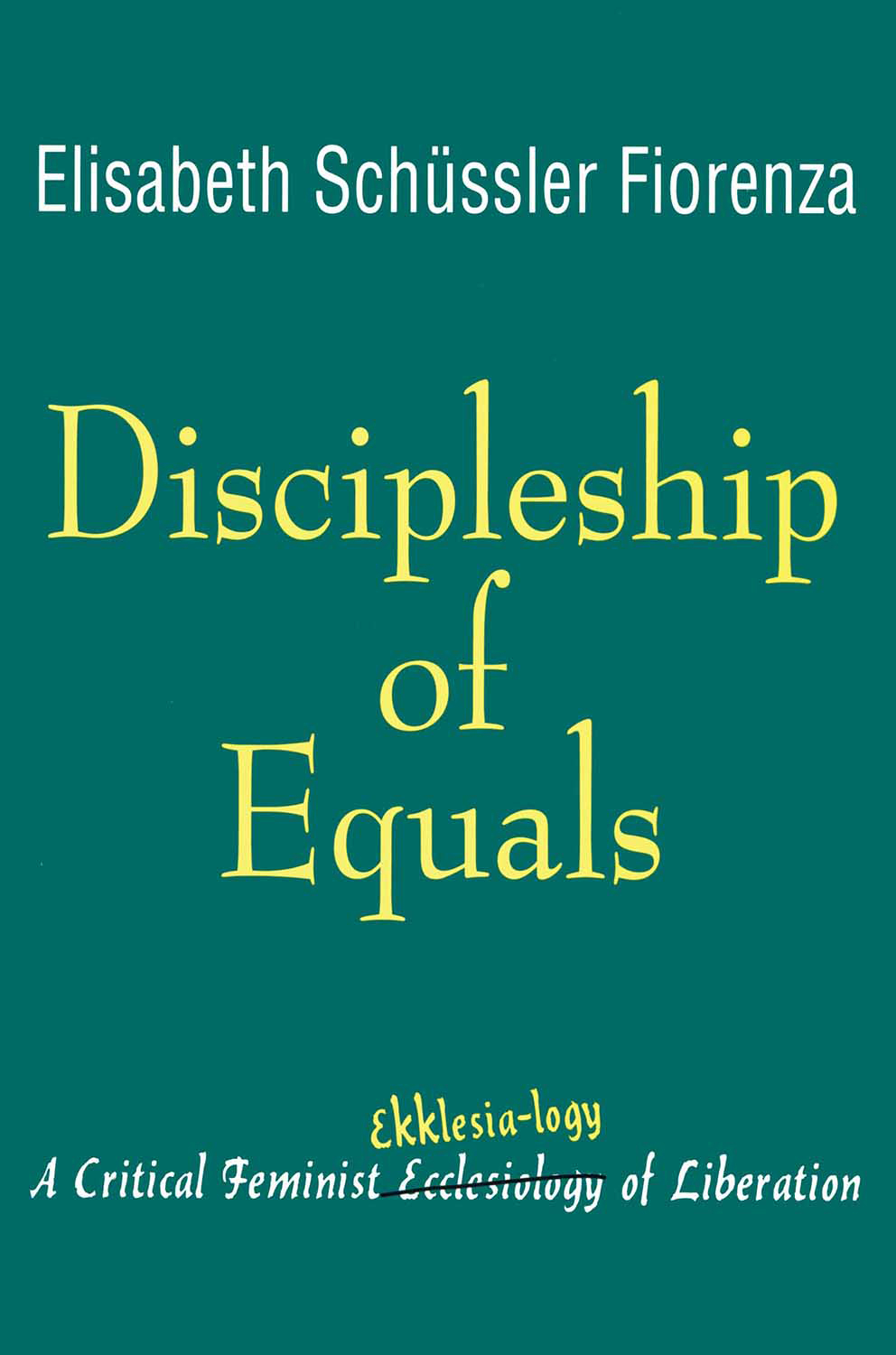- Title: Discipleship of Equals
- Subtitle: A Critical Feminist Ekklesia-logy of Liberation
- Page Count: 384
- Available Formats: Trade-paper (9780824512446)
- Edition: Trade Paper
- Original language: English
- Retail US: Trade-paper (29.95)
- Retail Canada: Trade-paper (32.95)
- Retail Canada: 32.95

